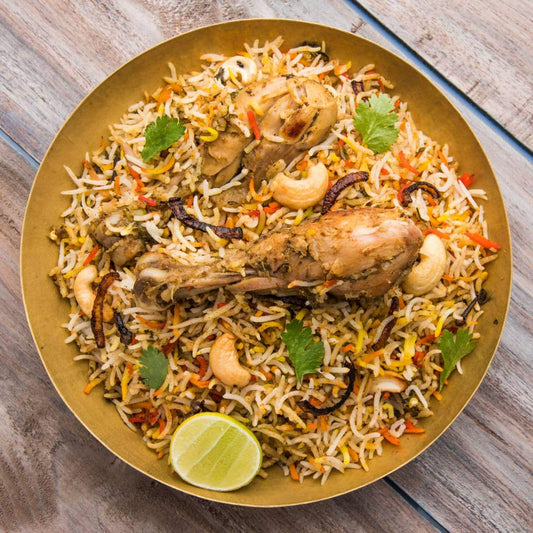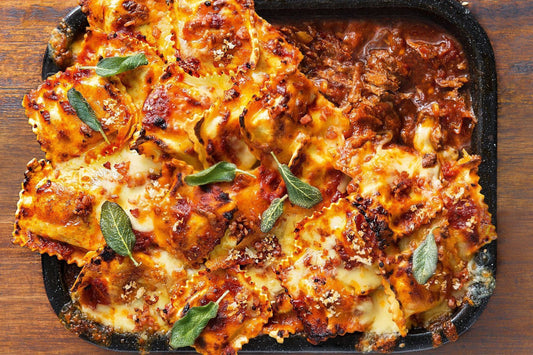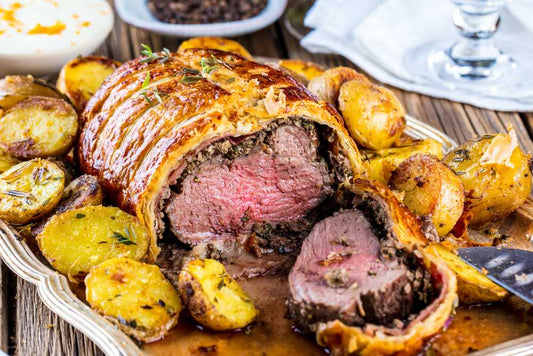Black tea, renowned for its rich flavors and robust character, is a staple in many cultures worldwide. It’s not only a popular choice for its taste but also for its stimulating properties, largely due to its caffeine content. Understanding how much caffeine is in black tea can help you make informed choices about your consumption, whether you're looking to cut down on your intake or simply curious about what’s in your cup. This comprehensive guide will delve into the caffeine content in black tea, factors influencing it, and comparisons with other beverages.
Understanding Caffeine in Black Tea
Caffeine is a natural stimulant found in varying quantities in tea leaves. In black tea, caffeine contributes to its invigorating effects and can influence how you feel throughout the day. While black tea is a significant source of caffeine, its exact content can vary based on several factors, including the type of tea, preparation method, and serving size.
Average Caffeine Content
On average, an 8-ounce cup of black tea contains approximately 40-70 milligrams of caffeine. This range can fluctuate based on several variables:
-
Type of Black Tea: Different varieties of black tea, such as Assam, Darjeeling, and Earl Grey, may have varying caffeine levels. For example, Assam tea, known for its strong flavor, generally has higher caffeine content compared to Darjeeling tea, which is lighter and more delicate.
-
Tea Leaves and Blend: The blend and quality of the tea leaves also impact caffeine content. Whole leaf teas usually have higher caffeine levels than tea bags, which often contain broken leaves and dust.
-
Steeping Time and Temperature: The longer you steep your tea and the hotter the water, the more caffeine is extracted. Typically, a longer steeping time (over 5 minutes) will yield a higher caffeine concentration.
-
Serving Size: While an average serving is 8 ounces, many people drink larger cups or mugs of tea, which can proportionally increase the amount of caffeine consumed.
Factors Influencing Caffeine Content
1. Type of Black Tea
Different black teas have different caffeine profiles. Here’s a closer look at some popular types:
-
Assam Tea: Known for its bold flavor, Assam tea generally contains higher caffeine levels, ranging from 60 to 90 milligrams per 8-ounce cup.
-
Darjeeling Tea: Often referred to as the “champagne of teas,” Darjeeling tea has a lighter taste and slightly lower caffeine content, usually between 40 to 70 milligrams per cup.
-
Earl Grey Tea: This flavored black tea, scented with bergamot, has caffeine levels similar to Assam or Darjeeling, depending on the base tea used.
2. Tea Leaves vs. Tea Bags
-
Loose Leaf Tea: Generally, loose leaf black teas have higher caffeine content compared to tea bags because they use whole or larger broken leaves, which can release more caffeine during brewing.
-
Tea Bags: Tea bags often contain fannings or dust, which can result in a quicker, stronger brew, but the caffeine content per cup might be less consistent compared to loose leaf tea.
3. Steeping Time and Temperature
-
Steeping Time: Tea steeped for a longer time releases more caffeine. For example, steeping tea for 1-2 minutes might yield about 30 milligrams of caffeine, while steeping for 5 minutes or more could increase the caffeine content to 70 milligrams or more.
-
Temperature: Water that is too hot can extract more caffeine. Boiling water (212°F or 100°C) will extract more caffeine than water that’s slightly cooler.
4. Decaffeinated Black Tea
Decaffeinated black tea is a good alternative for those sensitive to caffeine. While it still contains some caffeine, typically about 2-10 milligrams per cup, the levels are significantly lower than in regular black tea.
Comparing Caffeine Levels: Black Tea vs. Other Beverages
Understanding how black tea’s caffeine content compares to other popular beverages can help you gauge its effects more accurately.
1. Coffee
Coffee generally contains more caffeine than black tea. An 8-ounce cup of brewed coffee contains about 80-100 milligrams of caffeine, roughly double that of an average cup of black tea. Espresso, a more concentrated form, can have even higher caffeine levels per ounce.
2. Green Tea
Green tea has less caffeine than black tea. An 8-ounce cup of green tea typically contains 20-45 milligrams of caffeine. Green tea’s lower caffeine content is due to the different processing methods and the lower oxidation level of its leaves.
3. Herbal Tea
Herbal teas, made from herbs, fruits, and flowers rather than tea leaves, generally contain no caffeine. However, some blends may include tea leaves or additives that could introduce minimal caffeine levels.
4. Soft Drinks and Energy Drinks
Soft drinks like cola generally have about 30 milligrams of caffeine per 12-ounce can, while energy drinks can vary widely but often contain between 70-150 milligrams of caffeine per serving.
Health Implications of Caffeine Consumption
Caffeine consumption, when managed well, can be part of a healthy lifestyle. However, excessive intake may lead to health issues. The recommended maximum daily caffeine intake for most adults is about 400 milligrams, which translates to approximately 6-10 cups of black tea, depending on its strength.
1. Benefits
-
Enhanced Alertness: Caffeine can improve concentration and alertness, making black tea a popular choice for a morning or afternoon boost.
-
Antioxidants: Black tea contains antioxidants, which can support overall health by combating oxidative stress and inflammation.
2. Potential Risks
-
Insomnia: Consuming high amounts of caffeine, particularly later in the day, can interfere with sleep patterns and cause insomnia.
-
Digestive Issues: Excessive caffeine can lead to digestive problems, including acid reflux and upset stomach.
-
Increased Heart Rate: For some individuals, high caffeine intake can cause a rapid heartbeat or jitteriness.
Tips for Managing Caffeine Intake
-
Monitor Your Intake: Keep track of your daily caffeine consumption from all sources, including coffee, tea, and soft drinks.
-
Opt for Decaf: Choose decaffeinated black tea or limit your intake to manage caffeine consumption more effectively.
-
Drink Water: Stay hydrated by drinking plenty of water alongside caffeinated beverages to balance your intake.
-
Limit Late Consumption: Avoid drinking black tea in the late afternoon or evening to prevent interference with your sleep.
Conclusion
Black tea offers a flavorful and invigorating experience with its moderate caffeine content. Understanding the factors that influence caffeine levels in black tea, including the type of tea, preparation method, and serving size, can help you manage your intake effectively. By comparing black tea’s caffeine content with other beverages and considering its health implications, you can enjoy this classic drink while keeping your caffeine consumption in check. Whether you savor it for its stimulating effects or its rich taste, black tea remains a beloved choice for many tea enthusiasts.


